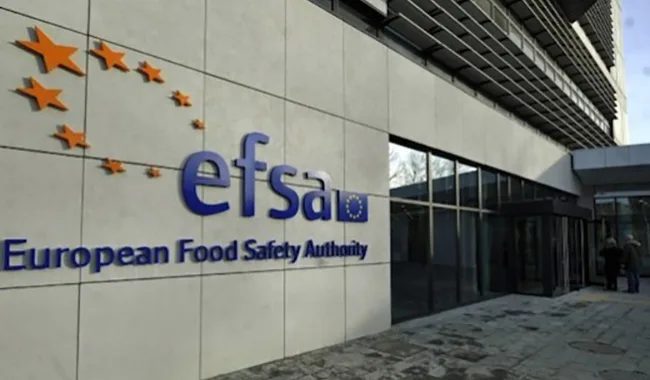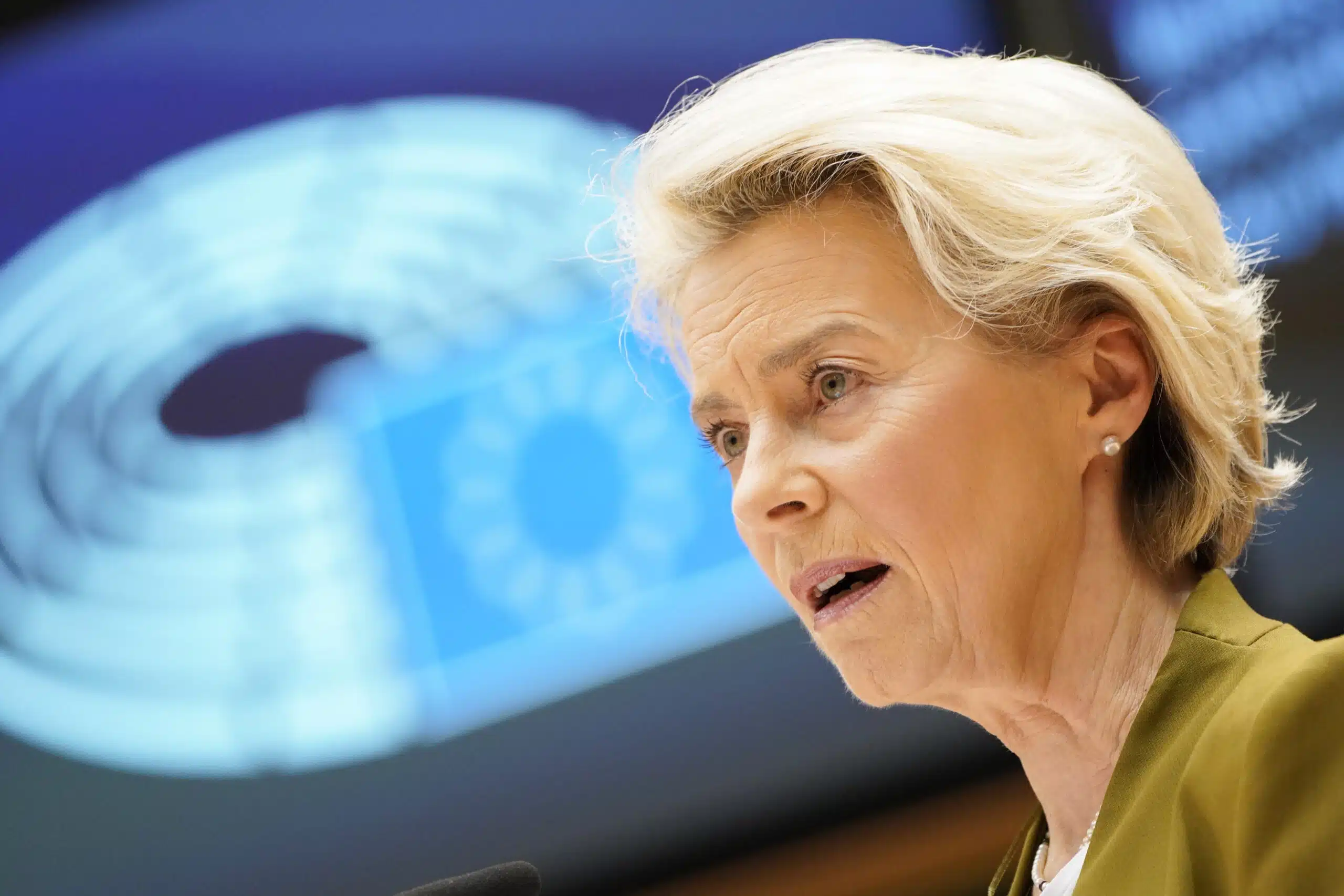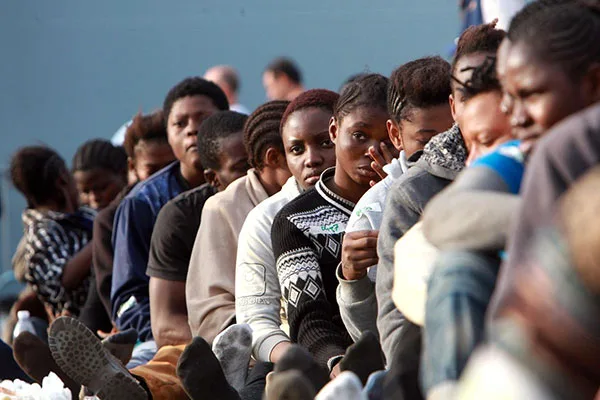Brussels – Laboratory meat is landing in Europe, passing through Parma, headquarters of the EU Food Safety Authority (EFSA), that received the first-ever application for permission to produce and sell cultured meat in the EU. French start-up Gourmey, which aims to get the green light to revolutionize the duck liver market with its cultured foie gras.
Not just in the EU: Gourmey filed the same application in Singapore, Switzerland, the United Kingdom, and the United States. “Gourmey, France’s pioneering cultivated food company, announces it has filed applications with the United States Food and Drug Administration (FDA), the Singapore Food Agency (SFA), the Food Standards Agency (FSA) in the United Kingdom, the Swiss Federal Food Safety and Veterinary Office (FSVO), and the European Commission (EC) and European Food Safety Authority (EFSA) to offer its flagship product to food enthusiasts, chefs, and restaurants, providing a new choice for foie gras enthusiasts globally,” according to a statement.
The start-up recalled that regulators around the world have established “robust regulatory frameworks to assess the safety of novel foods” such as cultured meat, with the United States, Singapore, and Israel having already approved their sale. In the EU, this is the first time a company has sought the green light from the Commission. Gourmey pointed out that it does not use genetically modified cells and that, “so their application falls in scope of the novel food regulation.” To support their novel food application, Gourmey has prepared “a dossier in accordance with the relevant regulations and EFSA guidance,” which is widely considered to represent “the gold standard in novel food safety and risk assessment.”
“We look forward to continuing to work closely with the regulatory authorities to ensure full compliance with safety requirements throughout these procedures. We are confident that our products will meet these highly demanding standards, so that everyone who wants to can enjoy new gourmet experiences all around the world,” said Gourmey CEO, Nicolas Morin-Forest. “It’s fantastic to see the first application to sell cultivated meat in the EU has been submitted. This demonstrates that food innovation can coexist alongside our culinary traditions, providing consumers with foie gras made in a way that could reduce environmental impacts and animal welfare concerns, support investment and provide future-proof jobs,” said Seth Roberts, Senior Policy Manager at The Good Food Institute (GFI) Europe, an international non-profit organization and think tank.

The GFI noted that before being sold in the EU, cultured meat must be cleared by EFSA under the Novel Food Regulation, “one of the most robust food safety frameworks in the world.” It added that “the approval process will include a thorough assessment of the safety and nutritional value of the product and is estimated to take at least 18 months. Once approved, the product can be marketed in the EU market,” it explained.
The application for authorization is not equivalent to placing on the market, and Gourmey’s cultured foie gras will be evaluated “in detail during EFSA’s risk assessment and risk management phases.” The EU Novel Foods Regulation “ensures a thorough and evidence-based process” and “the assessment also covers potential social and economic impacts and involves Member State representatives. Therefore, the European Commission and Member States will take all these aspects into account to ensure a comprehensive assessment,” the think tank specified. Finally, Francesca Gallelli, public affairs advisor at the Good Food Institute Europe, pointed out that, “as some European ministers have recently stressed, the protection of traditional products must not become an obstacle to food innovation and free consumer choice.”
It was a suggestion aimed in particular at the Italian government, which, in November, passed a law banning the production and marketing of cultured meat, and at Minister Francesco Lollobrigida, who has been pursuing a battle in Brussels for months to assert Rome’s point of view. An initial comment came from Senate Vice President Gian Marco Centinaio, head of the League’s Agriculture and Tourism department, who spoke of a “moment of truth” for Europe. “Brussels will have to decide which food model to choose: the quality and well-being guaranteed by traditional products or foods made in laboratories, lacking the organoleptic and nutritional properties that distinguish them?” the League senator pressed.
English version by the Translation Service of Withub







